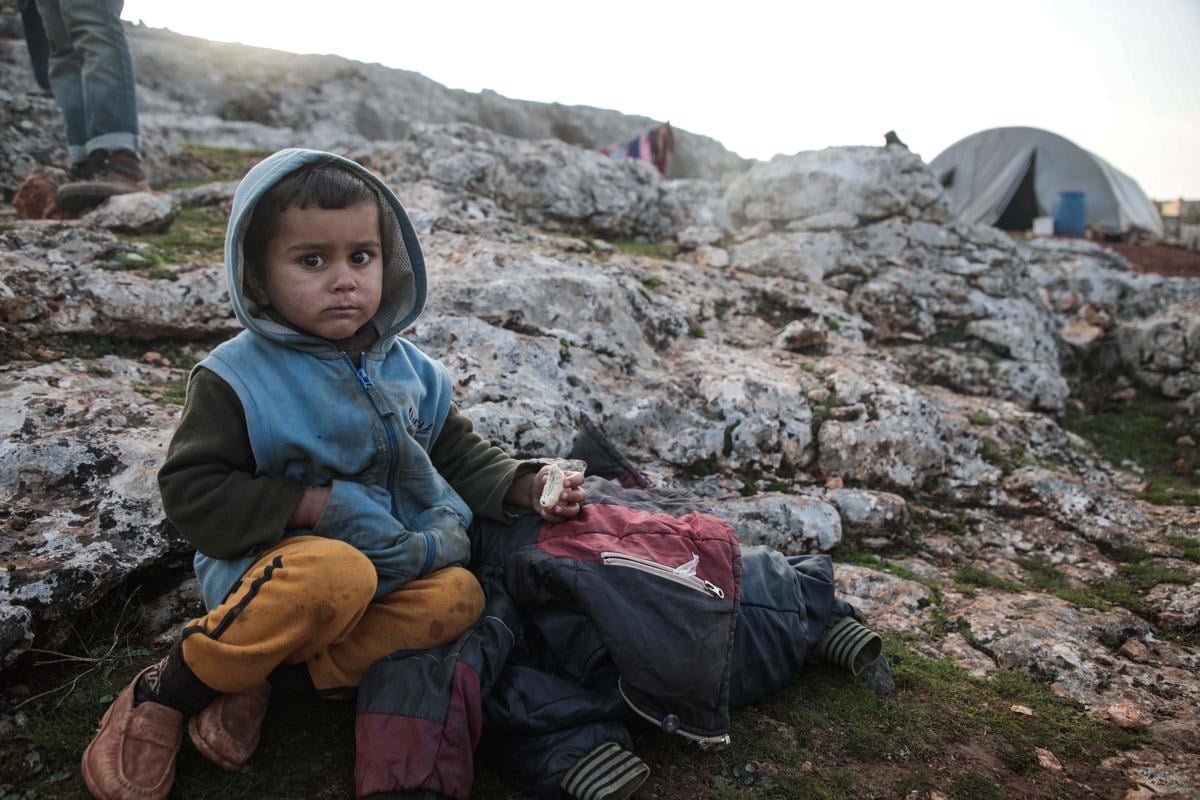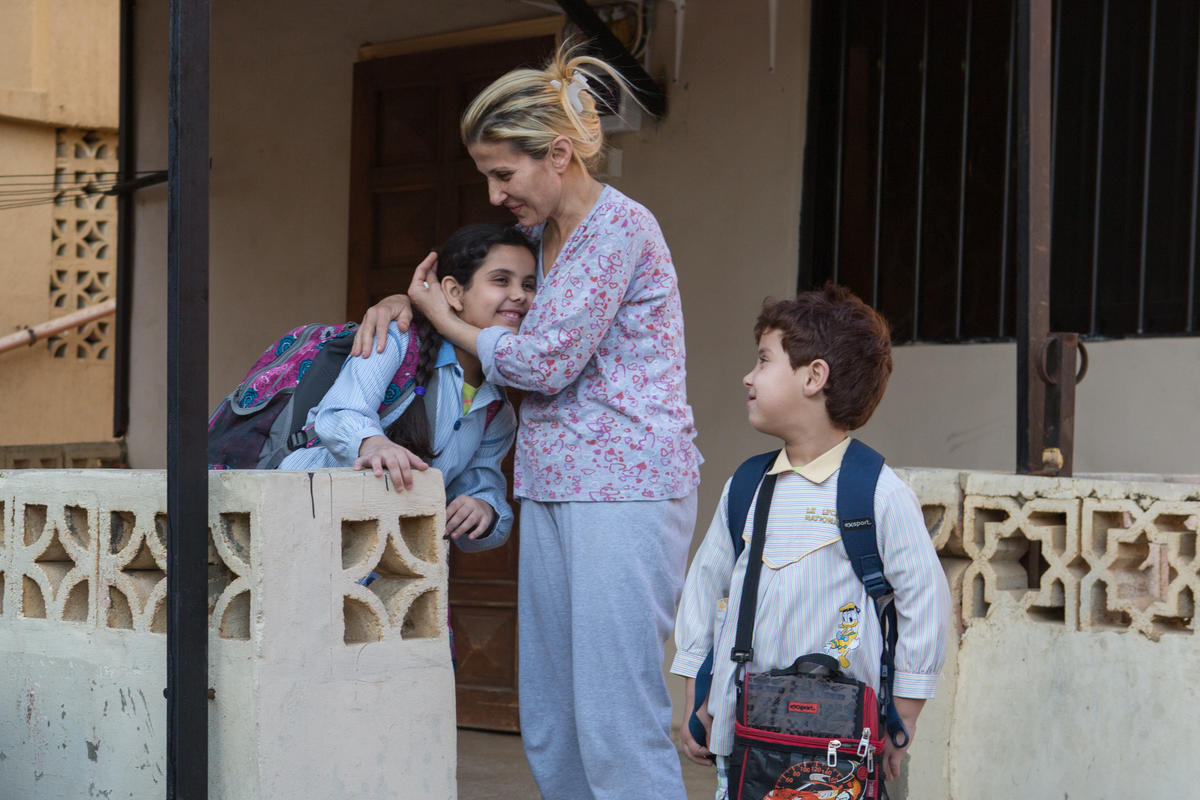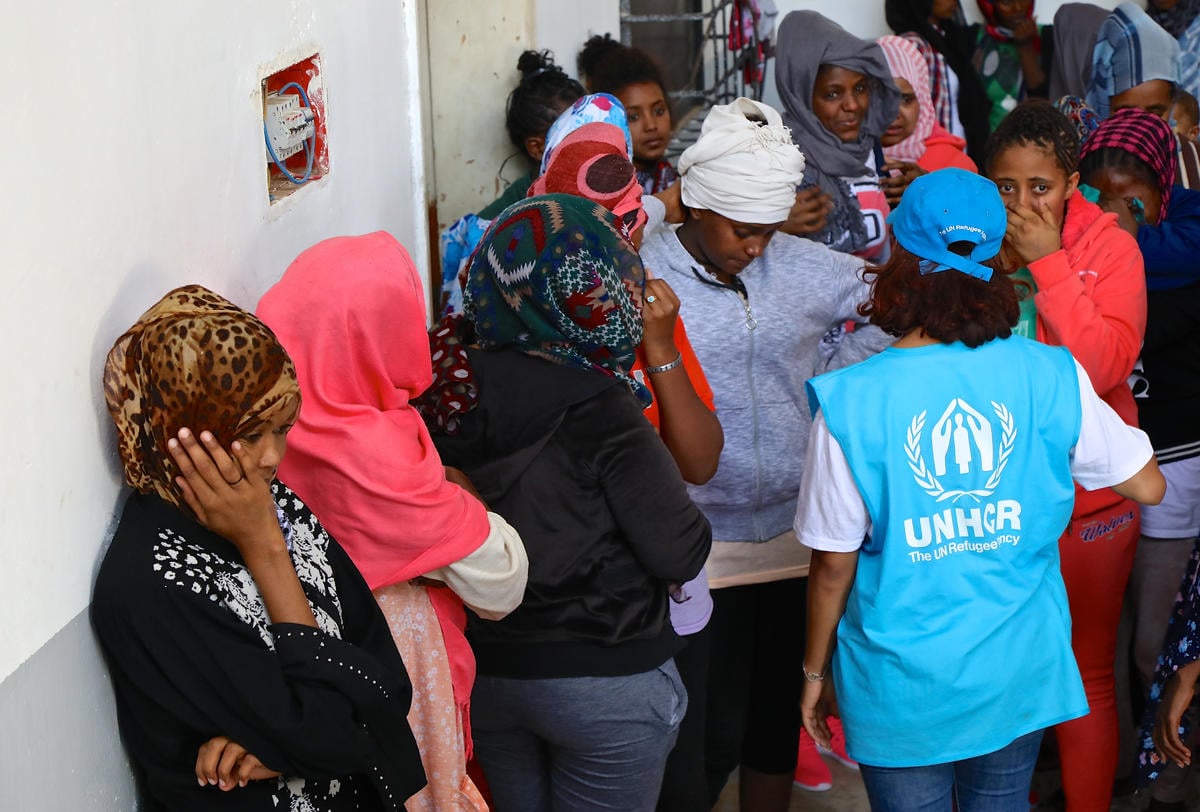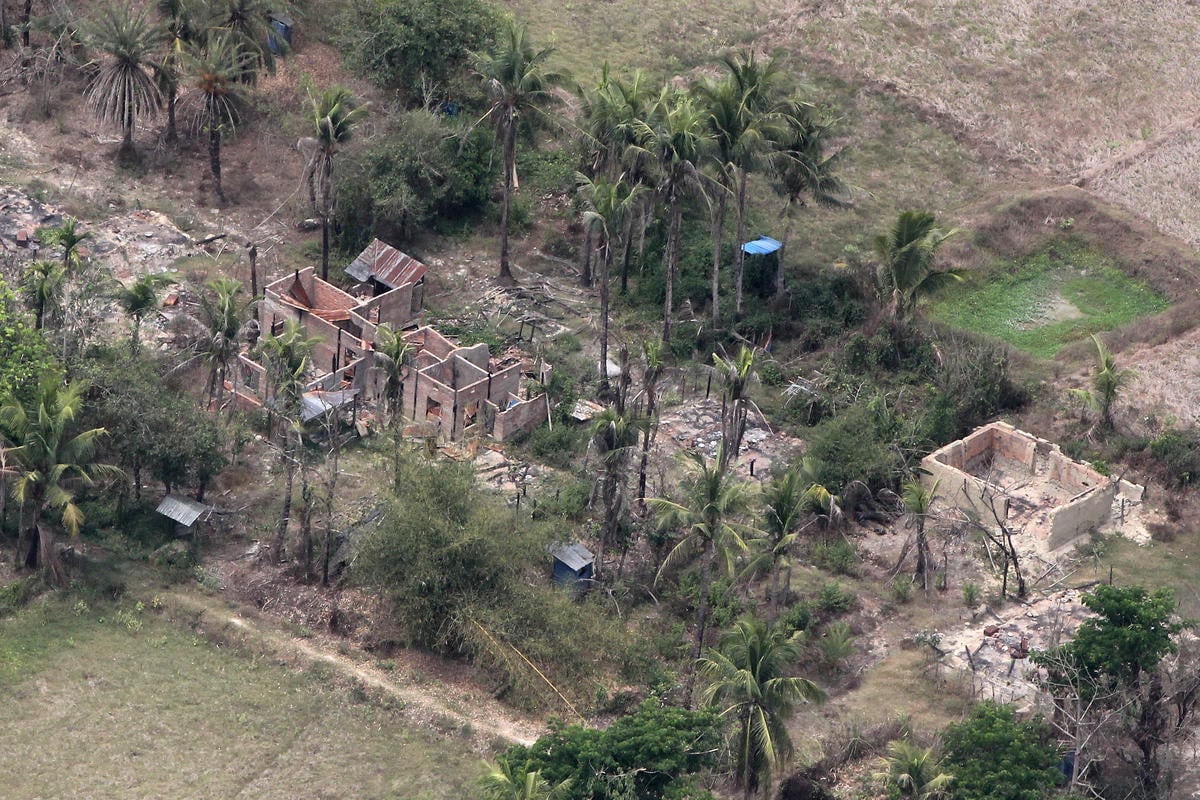UNHCR urges Haiti's neighbours to receive refugees in event of exodus
UNHCR urges Haiti's neighbours to receive refugees in event of exodus

GENEVA, Feb 17 (UNHCR) - The UN refugee agency today urged Haiti's neighbours to keep their borders open in the event of any exodus of refugees from the strife-torn Caribbean nation.
Asked by reporters in Geneva about the concerns of some Caribbean states over a possible new exodus from Haiti in view of the ongoing unrest in the country, UNHCR spokesman Ron Redmond said very few individuals had so far gone to the Dominican Republic, which shares a land border with Haiti, and that there had been no major outflow to date by sea.
He noted, however, that it is UNHCR's job to be prepared for potential refugee crises, wherever they occur. Moreover, tens of thousands of people did flee Haiti during similar strife in 1994, and the region must again be prepared for this possibility.
Hope Hanlan, the head of UNHCR's Bureau for the Americas, urged governments in the region to keep their borders open.
"In the event of any outflow, we hope and expect that the United States and the small islands in the Caribbean would respond humanely and allow people to have access to an asylum process," she said. "The islands most likely to be affected are the Dominican Republic, Jamaica, the Bahamas, Turks and Caicos, and Cuba."
Hanlan noted that the Dominican Republic, Jamaica and the Bahamas are all signatories to the 1951 Refugee Convention and its 1967 Protocol, and said UNHCR was ready to help them fulfil their obligations. She also acknowledged the limited resources available to the region's smaller governments.
"We understand the concerns in the Caribbean over using their limited emergency supplies for hurricane disaster relief to respond to a refugee crisis," she said. "For that reason, we stand ready to help the countries in the region respond to a possible refugee situation."
UNHCR is currently awaiting a request from the Dominican Republic for help in reviewing and implementing its existing contingency plan, Hanlan said. As with other countries in the region, UNHCR would be willing to assist the Dominican Republic to receive refugees and respond to their needs. The refugee agency has undertaken several missions to the Dominican Republic in recent months, both to help authorities deal with a backlog of asylum seekers and implement their asylum legislation as well as to discuss contingency plans for possible refugee arrivals.
In Cuba, UNHCR recently carried out a joint contingency planning exercise at the request of the Cuban government. Because Cuba has regularly received Haitians in the past, it does have facilities available for a possible influx, Hanlan said, but these would need to be upgraded. The contingency plan for Cuba was also shared with other Caribbean countries.
Hanlan said UNHCR would also meet with US officials and Caribbean embassies and authorities both in Geneva and in Washington, D.C., to follow the situation closely as it develops and to discuss possible responses to any crisis.









